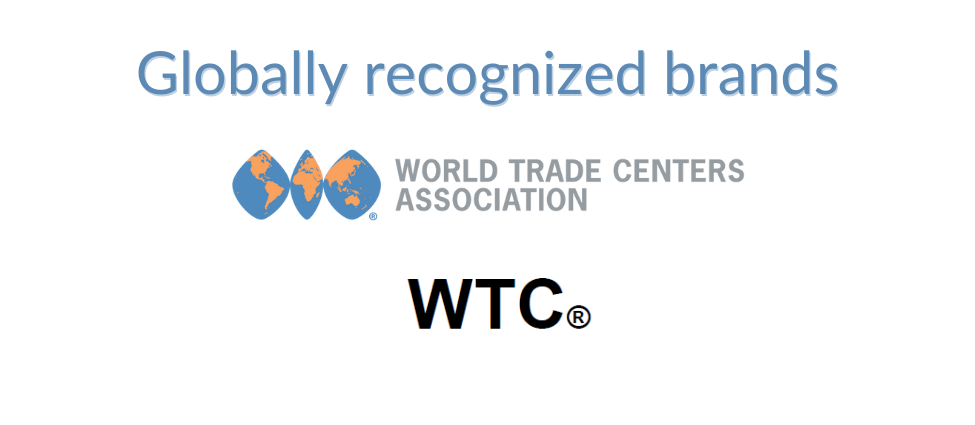
25th Annual Policymakers Conference

WASHINGTON, DC, USA - The National Council on U.S.-Arab Relations’ milestone 25th Annual Arab-U.S. Policymakers Conference, chaired by its Founding President and CEO, Dr. John Duke Anthony, was held at the WTC Washington, D.C. (Ronald Reagan Building and International Trade Center). The conference has been held here for the last eleven years and 2016 saw a record number of conference registrants, with over 1,400 individuals signing up to attend. This year’s conference explored “The Next U.S. Presidency and U.S.-Arab Relations: Probabilities, Possibilities, Potential Pitfalls.” It featured forty-nine Arab and American international affairs specialists and leaders who discussed where the U.S.-Arab relationship has been, stands today, and might go in the future.
Featured specialists included current and former ambassadors from the United States and various Arab countries, key U.S. government officials, scholars, and representatives of non-governmental organizations and public policy research institutes. Over two days, conference sessions explored various dynamics of the United States relationship with the Arab world, including energy and defense, business relations, and geo-political implications of developments in Syria, Iraq, the Arabian Gulf, Egypt and North Africa, and Palestine.
Among the speakers were The Honorable Chuck Hagel, the 24th U.S. Secretary of Defense; General (Ret.) David H. Petraeus, one of the most prominent U.S. military figures of the twenty-first century; HRH Prince Turki Al Faisal, former director of Saudi Arabia’s foreign intelligence service; Dr. Adel Altoraifi, Saudi Arabian Minister of Culture & Information and HH Prince Abdullah Al Sa'ud, Saudi Arabian Ambassador to the U.S.; and many others from government, the military, business, academe, and the media.
The 25th Arab-U.S. Policymakers Conference comprised speakers with challenging and controversial views. Throughout the two days of shared ideas, intense discussions and debate, and extensive networking among attendees and participants, the conference not only furthered the National Council on U.S.-Arab Relations’ educational mission of enhancing American awareness, knowledge, and understanding of the Arab and Islamic worlds, it also provided much food for thought in the form of practical suggestions and recommendations for ways to improve the overall Arab-U.S. relationship.
To learn more about WTC Washington D.C., please click on the source link below.
